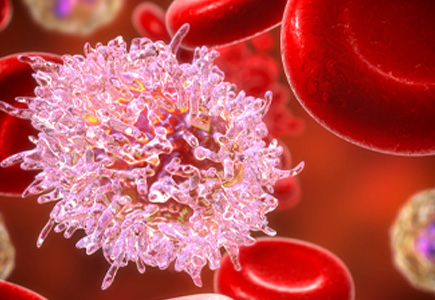Endocrinology is a medical speciality focusing on the endocrine system, which regulates hormones and metabolism. Endocrinologists diagnose and treat disorders related to glands such as the thyroid, pancreas, and adrenal glands. They manage conditions like diabetes, hormonal imbalances, and thyroid disorders. Utilizing advanced diagnostic tools, endocrinology aims to restore hormonal balance, improve metabolic health, and enhance overall well-being. This field plays a crucial role in addressing complex endocrine disorders, ensuring patients receive tailored treatment plans for optimal health outcomes.
Common Endocrine Disorders
Here are a few disorders that an Endocrinologist treats:
1. Diabetes Management: Diabetes, a prevalent endocrine disorder, requires specialized attention. Endocrinologists play a central role in managing diabetes by prescribing medications, developing personalized treatment plans, and offering guidance on lifestyle modifications. Regular consultations with an endocrinologist contribute to better blood glucose control and prevention of complications.
2. Thyroid Care: Disorders such as hypothyroidism and hyperthyroidism are common, affecting the thyroid gland's hormone production. Endocrinologists assess thyroid function through blood tests and imaging studies, tailoring treatment plans with medications or, in some cases, surgical interventions. Proper thyroid management is crucial for maintaining metabolic balance.
3. Hormonal Imbalances in Women's Health: Endocrinologists specialize in addressing hormonal imbalances that impact women's health, including issues related to menstruation, fertility, and menopause. Conditions like PCOS and hormonal disruptions during pregnancy require the expertise of an endocrinologist for comprehensive care.
4. Adrenal Gland Disorders: The adrenal glands, situated atop the kidneys, produce hormones essential for managing stress, metabolism, and electrolyte balance. Endocrinologists diagnose and treat disorders such as Addison's disease and Cushing's syndrome, ensuring proper adrenal function and hormone regulation.
5. Growth and Development Disorders: Pediatric endocrinologists focus on hormonal issues affecting children's growth and development. Conditions like growth hormone deficiency, precocious puberty, and congenital adrenal hyperplasia fall within their expertise. Early detection and intervention are crucial for optimal outcomes in pediatric endocrinology.
The Role of Endocrinologists
Endocrinologists are medical specialists trained to diagnose and manage disorders related to the endocrine system. These experts possess in-depth knowledge of hormone functions and their impact on the body. Patients are typically referred to endocrinologists when hormonal imbalances or disorders are suspected, and specialized care is required.
Benefits of Consulting an Endocrinologist
Below are the comprehensive advantages of seeking guidance from an endocrinologist:
1. Specialized Expertise: Endocrinologists possess specialized knowledge in the intricacies of hormonal regulation, ensuring accurate diagnosis and effective management of endocrine disorders.
2. Personalized Treatment Plans: Tailored treatment plans address individual patient needs, considering factors such as age, lifestyle, and the specific nature of the endocrine disorder.
3. Holistic Approach to Health: Endocrinologists take a comprehensive approach, considering the interconnectedness of hormones and their impact on various bodily functions. This ensures a more holistic approach to patient care.
4. Prevention of Complications: Timely intervention and management by an endocrinologist help prevent complications associated with hormonal imbalances, such as cardiovascular issues, kidney disease, and neurological complications.
5. Lifestyle Guidance: Endocrinologists offer valuable guidance on lifestyle modifications, including diet, exercise, and stress management, contributing to overall health and improved quality of life.
Conclusion
Understanding the pivotal role of endocrinology and the expertise of endocrinologists is paramount for those grappling with hormonal imbalances. By seeking the guidance of these specialists, individuals can navigate the complexities of the endocrine system, ensuring optimal health and well-being. Whether managing diabetes, thyroid disorders, or other endocrine conditions, the collaboration between patients and endocrinologists is instrumental in achieving hormonal balance and fostering a healthier, more balanced life.



























